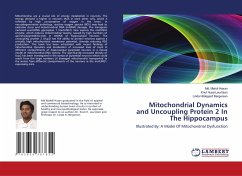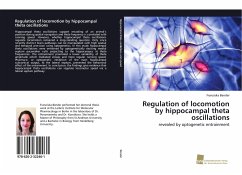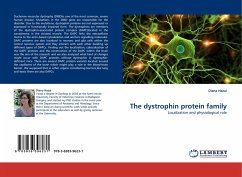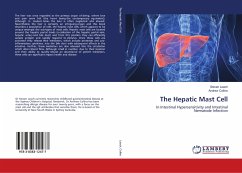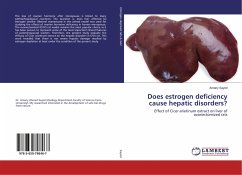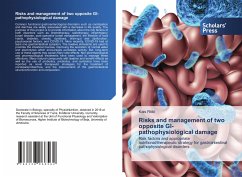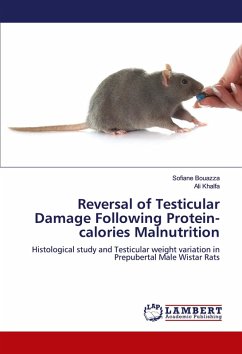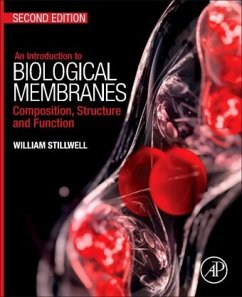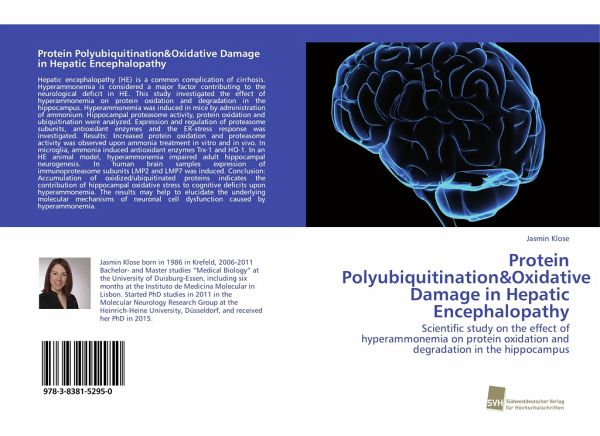
Protein Polyubiquitination&Oxidative Damage in Hepatic Encephalopathy
Scientific study on the effect of hyperammonemia on protein oxidation and degradation in the hippocampus
Versandkostenfrei!
Versandfertig in 6-10 Tagen
40,99 €
inkl. MwSt.

PAYBACK Punkte
20 °P sammeln!
Hepatic encephalopathy (HE) is a common complication of cirrhosis. Hyperammonemia is considered a major factor contributing to the neurological deficit in HE. This study investigated the effect of hyperammonemia on protein oxidation and degradation in the hippocampus. Hyperammonemia was induced in mice by administration of ammonium. Hippocampal proteasome activity, protein oxidation and ubiquitination were analyzed. Expression and regulation of proteasome subunits, antioxidant enzymes and the ER-stress response was investigated. Results: Increased protein oxidation and proteasome activity was ...
Hepatic encephalopathy (HE) is a common complication of cirrhosis. Hyperammonemia is considered a major factor contributing to the neurological deficit in HE. This study investigated the effect of hyperammonemia on protein oxidation and degradation in the hippocampus. Hyperammonemia was induced in mice by administration of ammonium. Hippocampal proteasome activity, protein oxidation and ubiquitination were analyzed. Expression and regulation of proteasome subunits, antioxidant enzymes and the ER-stress response was investigated. Results: Increased protein oxidation and proteasome activity was observed upon ammonia treatment in vitro and in vivo. In microglia, ammonia induced antioxidant enzymes Trx-1 and HO-1. In an HE animal model, hyperammonemia impaired adult hippocampal neurogenesis. In human brain samples expression of immunoproteasome subunits LMP2 and LMP7 was induced. Conclusion: Accumulation of oxidized/ubiquitinated proteins indicates the contribution of hippocampal oxidative stress to cognitive deficits upon hyperammonemia. The results may help to elucidate the underlying molecular mechanisms of neuronal cell dysfunction caused by hyperammonemia.




